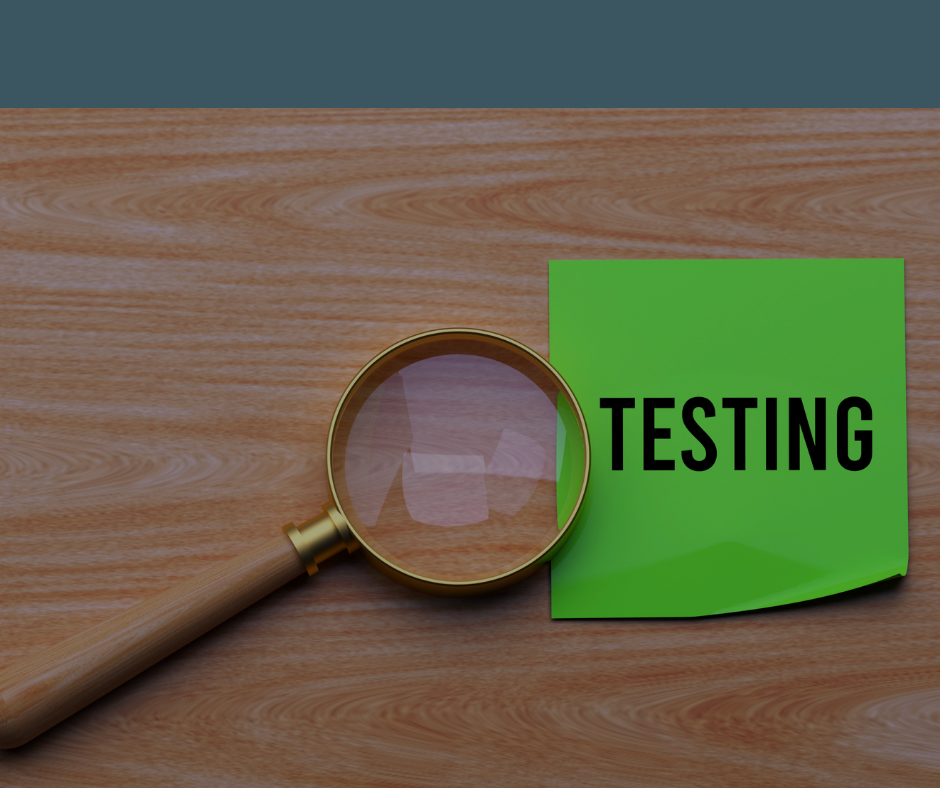Traditionally, focus groups are used to test liability, case themes, and damages in a mock jury setting. But as I discussed in a prior article, you can use focus groups as a laboratory to test all facets of your case, including client credibility.
A beneficial use of a focus group is to test client testimony. Our clients are the number one targets. However, we can use focus groups to discover what the defense might exploit in a jury trial or to the insurance adjuster.
Here’s how. Take a five to seven minute video of your client, either using Zoom or editing together clips of the client answering deposition questions from opposing counsel. If you are acting as the moderator, be sure your voice is not part of the video clips. This will remove any bias in your presentation. To start the presentation, state you have some videos for the group to watch and they will be asked questions about what they saw. Try to avoid setting up the presentation further, as you could reveal your bias. Hit play and then ask simple, open-questions about what they saw, what they heard, and thoughts about the speaker.
Discover:
- What assumptions might the jury make based on hearing/seeing the client?
- What was their “blink” or gut reaction to your client?
- How credible is your client?
- What questions arose in their minds as they listened to the video?
- Is your client likeable? trustworthy?
This is also a great technique for concerns about body language, appearance and accents.
Case Study
I recently wrote about a client, Tracy, who was deposed three times. As part of her trial prep, I worked with her lawyer to hold several focus groups that utilized the above technique. Specifically, her lawyer did a focus group on Tracy’s credibility using actual deposition video clips to help her prepare for each subsequent deposition and then trial. . Tracy had been deposed on three different occasions and thus her lawyer followed up each deposition with a focus group. In getting her ready for each subsequent deposition and then trial, the focus group responses were used to help Tracy. For example, Tracy struggled to answer questions clearly in her first deposition. The focus group spotted this and pointed out how they expected her to respond, with no long pauses, and no rambling. A direct quote from the session was, “Either you know the answer or you don’t.” We worked through the specific deposition questions and Tracy’s stumbling blocks. With knowledge of the exact problems, we could spotlight them and help Tracy improve.
This same technique can be used to test experts, defense witnesses, and fact witnesses.
Do you want to test witness credibility? Give me a call. I run focus groups each month and can easily test your witnesses’ credibility with video clips.








